disease
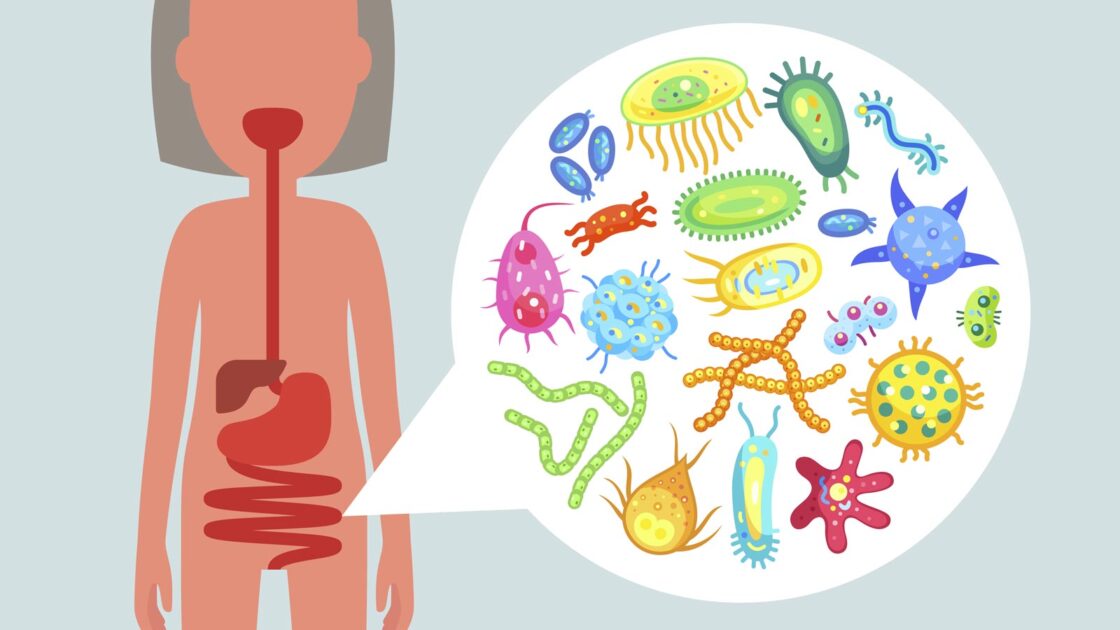
Skeptic: Let’s start with the big questions. What is the problem to be solved? And why is systems biology the right method to find the answer? Leroy Hood: The problem is this great complexity. Reductionism is the approach where you take an element of a complex system and study that element in enormous detail. However, […]
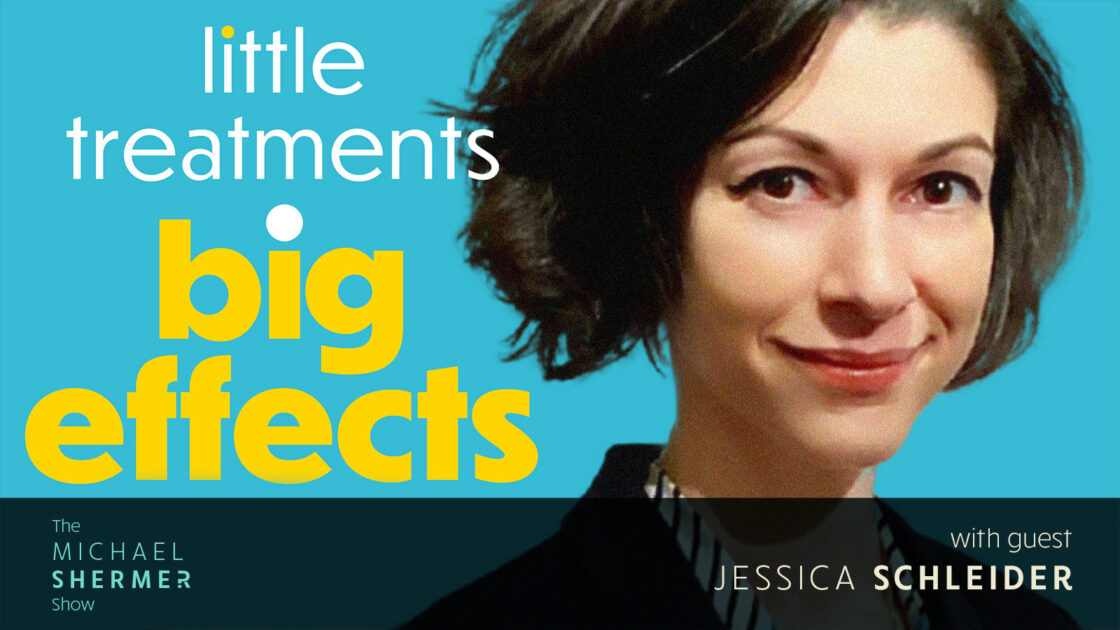
Shermer and Schleider discuss: her own experience with mental illness and eating disorder • 80% of people meet criteria for a mental illness at some point in their life • the goal of therapy • navigating therapy modalities, access, payments, insurance • What prevents people from getting the mental health help they need? • outcome measures to test different therapies • traditional therapy vs. single-session interventions • growth mindset • Cognitive Behavior Therapy (CBT) • difference between goals and values…
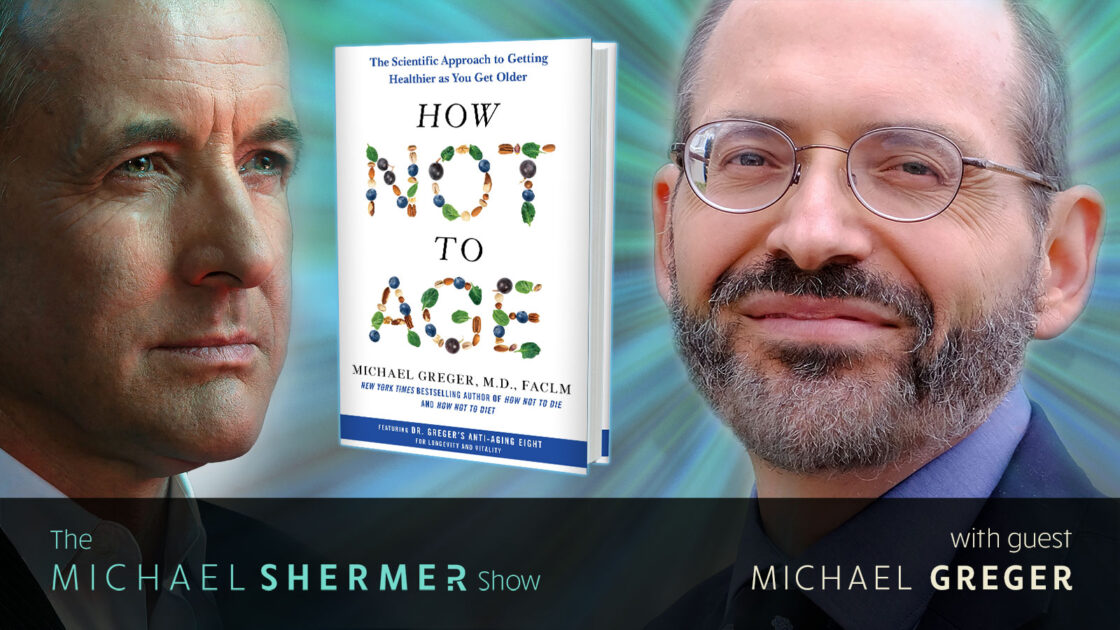
Shermer and Greger discuss: • why we age and die • lifespan, vs. healthspan • longevity escape velocity • how to determine causality in aging science • nutrition fads • the anti-aging industry • Centenarians Diet • Mediterranean Diet • Okinawan Diet • Red, White, and Blue Zones • plant-based eating • exercise, sleep, stress • the Anti-Aging 8 • cholesterol and statins • vaccines • brain supplements • UV protection • alcohol • Alzheimer’s • social ties, friendships, and…
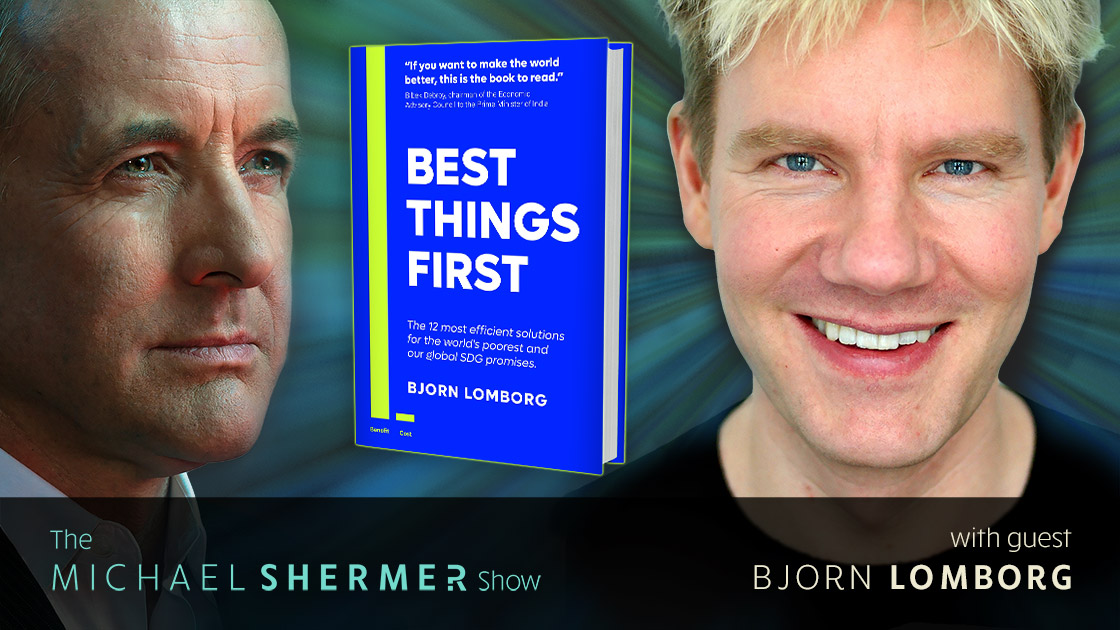
Shermer and Lomborg discuss: perfect solutions vs. practical trade-offs • benefit-cost analysis • time horizons and discounting the future • the value of a statistical life • saving the environment, the poor, the diseased • the millennium development goals • the sustainable development goals • tuberculosis • education • maternal and newborn health • agricultural R&D (more and cheaper food) • malaria • land tenure security • nutrition • chronic diseases • childhood immunization • corruption • highly skilled migration.
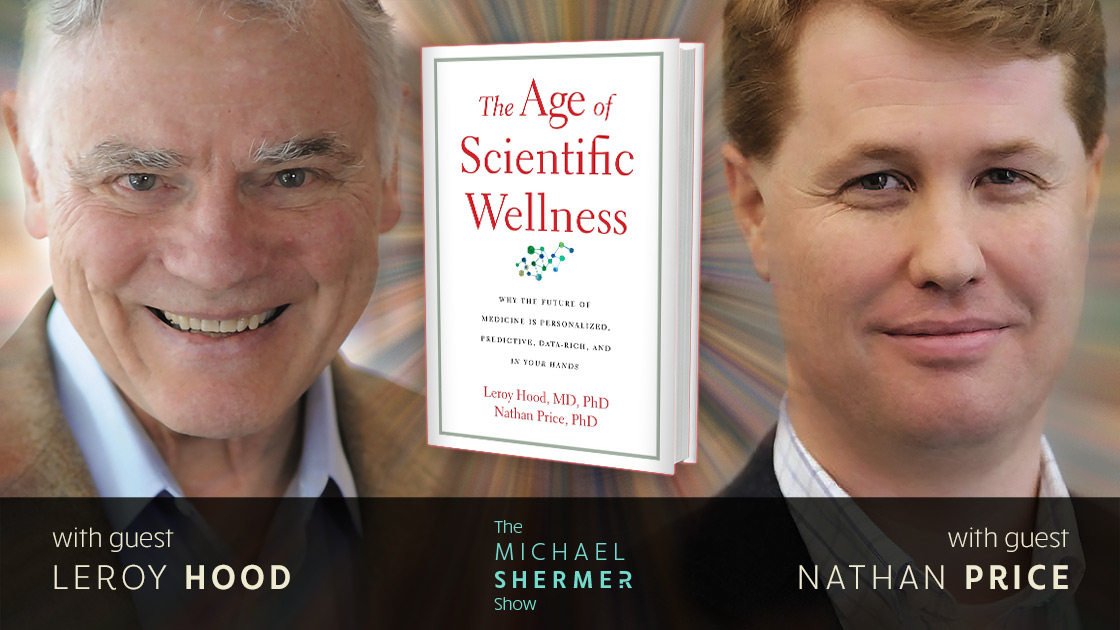
Hood, Price, and Shermer discuss: why we age and die • sickcare vs. healthcare • the 10 most popular drugs in the U.S. work for only about 10% of treated people • chronological age ≠ biological age • life expectancy, life span, longevity, and healthspan • why eliminating all cancers would only increase average life span by 3 years • genome vs. phenome • gut biome • optimizing brain function • brain plasticity • sleep, nutrition, exercise • Alzheimer’s • AI and…
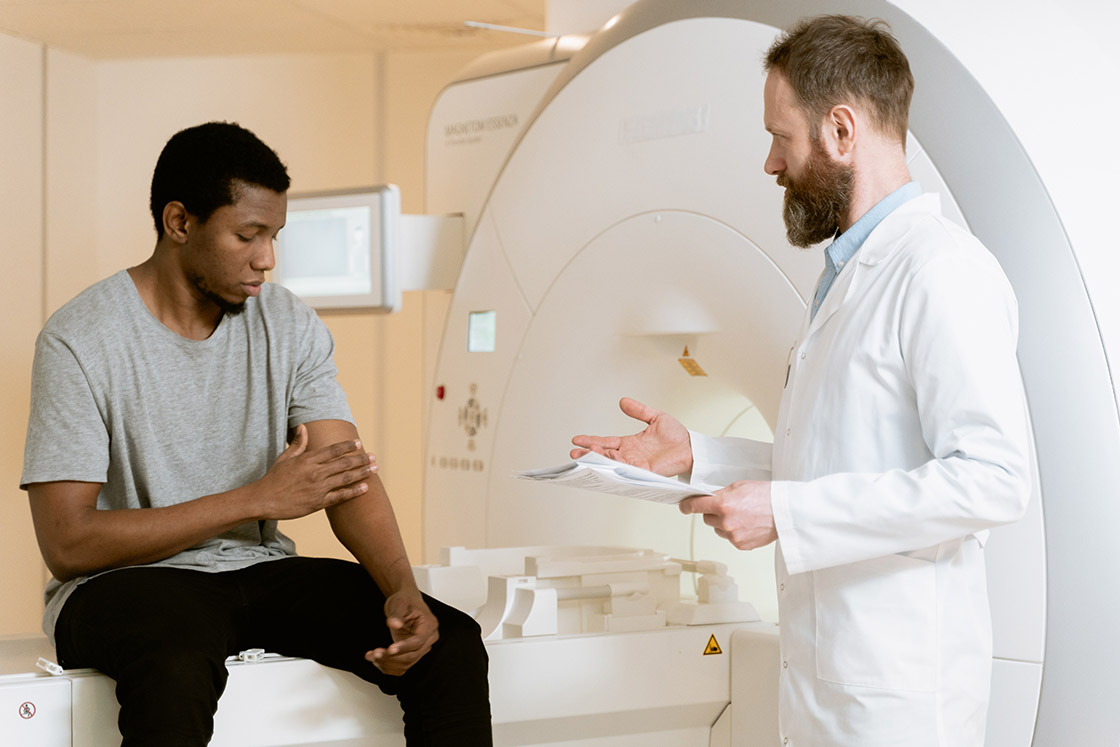
If race is a social construct with no meaningful biological foundation, then why do medical doctors and researchers collect information about a patient’s race, along with gender and other characteristics? Harriet Hall considers the concept of race from a medical perspective: what we know, what we don’t know, and what difference it makes.
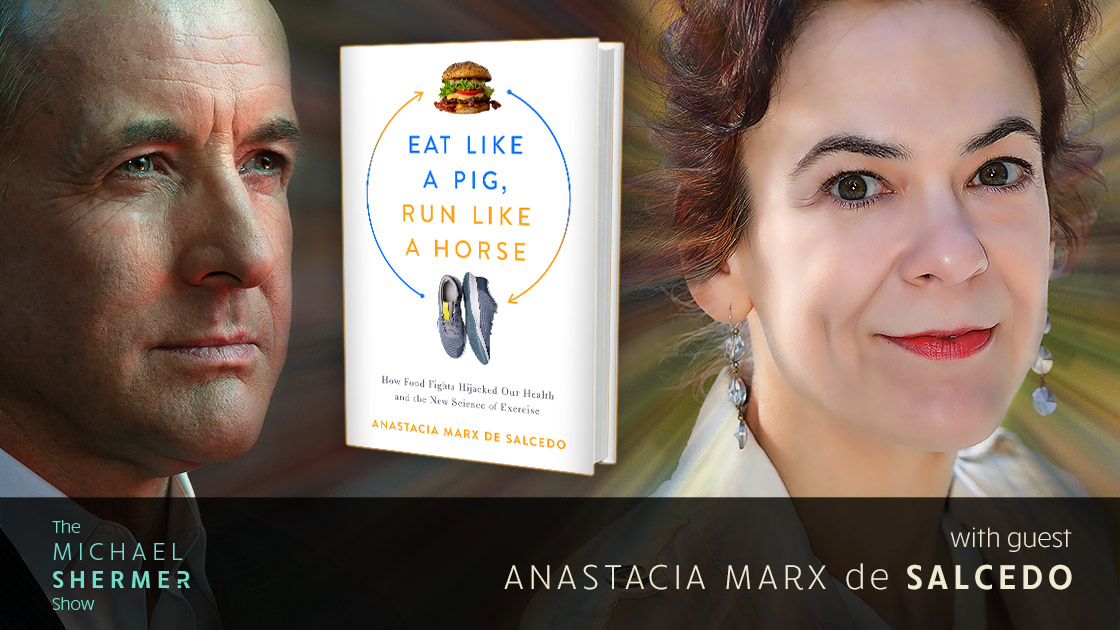
Shermer and de Salcedo discuss: her diagnosis of multiple sclerosis at age 27 • her long-term psychological strategy for living with a serious illness • what “eating like a pig” actually means • our 70-year-old “diet detour” • the obesity crisis • how dietary studies are conducted • the baseline health of lab rats • static vs. dynamic metabolism • diseases you can treat, manage, or prevent with exercise • cholesterol and statins • why exercise is more important than…

What is osteopathy? What is the difference between an MD, a DO, and an osteopath in the US? Why do students choose a DO school? Should the DO degree be abolished? Find out what Harriet Hall, M.D. says in this column from Skeptic magazine 26.1 (2021).
In episode 193, Michael Shermer speaks with Chris Edwards about educational reform and thought experiments. Plus, Harriet Hall, M.D. discusses osteopathy. What is it? What is the difference between an MD and a DO? Should the DO degree be abolished?

In this column from Skeptic magazine 26.2 (2021), Harriet Hall, M.D. recounts that Mark Twain was an enthusiastic proponent of “alternative medicine” long before the term was coined — and much of it remains the same as in his time.
Shermer, Sanford, and Novella try wheatgrass juice, with amusing results. PLUS: in a column from Skeptic magazine 26.2 (2021), Harriet Hall, M.D. recounts that Mark Twain was an enthusiastic proponent of “alternative medicine” long before the term was coined — and much of it remains the same as in his time.
In episode 150 of The Michael Shermer Show, Harvard professor of human evolutionary biology Daniel Lieberman discusses his pioneering researcher on the evolution of human physical activity in his book Exercised: Why Something We Never Evolved to Do is Healthy and Rewarding. PLUS: Perhaps one of the most bizarre beliefs rampant in modern times is that malign, shape-shifting reptilian extraterrestrial invaders, disguised as human beings, secretly control the governments of the world. It is possible that we recently experienced a…
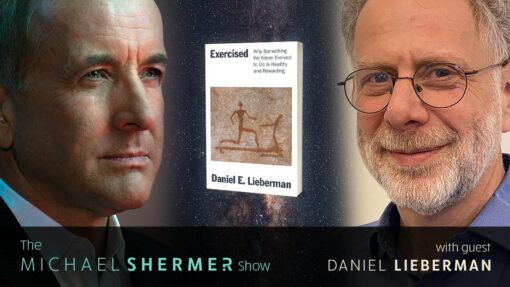
In episode 150 of The Michael Shermer Show, Harvard professor of human evolutionary biology Daniel Lieberman discusses his pioneering researcher on the evolution of human physical activity in his book Exercised: Why Something We Never Evolved to Do is Healthy and Rewarding. Using his own research and experiences throughout the world, Lieberman recounts how and why humans evolved to walk, run, dig, and do other necessary and rewarding physical activities while avoiding needless exertion.

Is Electronic Screen Syndrome (ESS) real? Is it a disease? An addiction? Do violent video games cause aggression? Can playing video games have positive effects? In this column from Skeptic magazine 25.2 (2020), Harriet Hall, M.D. examines ESS and shares the science.
In SPAS-006, the researchers asked: “Do people with different political orientations have different bases—evidence or emotion—for their political opinions?” PLUS: Harriet Hall, M.D. examines Electronic Screen Syndrome (ESS) and shares the science.
Right now, we are all confronting one of humanity’s scariest enemies: epidemic disease. Are we brave enough to face this horror? You bet we are! Download Junior Skeptic 76 for free: Pandemics Throughout History—How Mistakes, Fakes, and Missing Facts Make Epidemics Worse. PLUS: Dr. Michael Shermer gives a remote lecture on free speech & censorship.
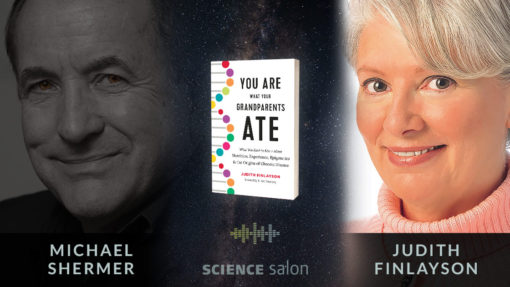
How many of the risks for chronic diseases, including obesity, type 2 diabetes, high blood pressure, heart disease and dementia, can be traced back to your first 1,000 days of existence, from the moment you were conceived? Shermer and Finlayson discuss: epigenetics • epidemiology • difficulty determining causality in medical sciences • why correlation is not necessarily causation, but how it can be used to advise on diet and lifestyle changes • fruits and vegetables or meat and fat?
In Science Salon # 104 Michael Shermer speaks with Judith Finlayson about her book You Are What Your Grandparents Ate: What You Need to Know About Nutrition, Experience, Epigenetics and the Origins of Chronic Disease. PLUS: Carol Tavris avers that organizations’ Codes of Conduct that try to specify each and every possible behavior they wish to prohibit (or encourage), will find themselves in linguistic and psychological quicksand.

Incredible health claims are being made for coconut oil — from reversing Alzheimer’s, heart and liver disease, to treating epilepsy, slowing aging, and reducing asthma. Marketing hype has triumphed over scientific evidence. In this column from Skeptic magazine 24.3 (2019), Harriet Hall, M.D. looks at the evidence for some of these extraordinary claims.
Science Salon # 84 Michael Shermer speaks with Christof Koch about his new book The Feeling of Life Itself: Why Consciousness is Widespread but Can’t Be Computed; PLUS, Harriet Hall, M.D. looks at the evidence for some of the extraordinary claims for coconut oil.
NEXT →





















